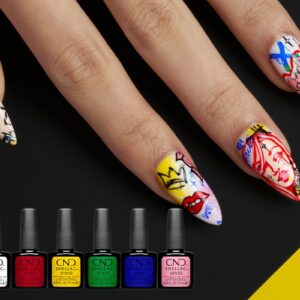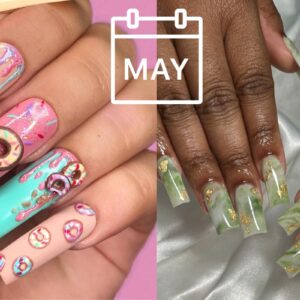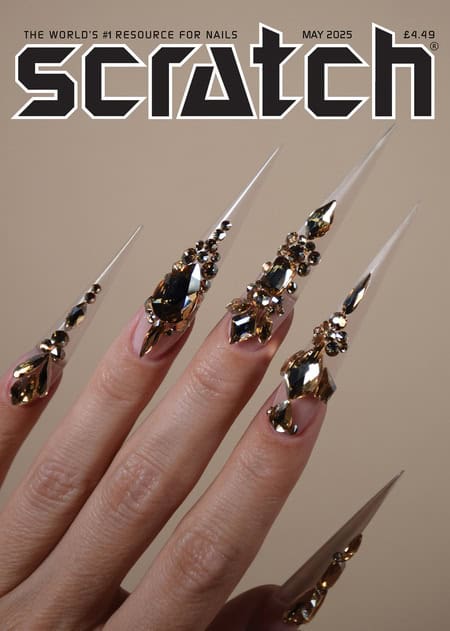
Struggling to master a nail design? Here’s some advice…
By Katie Barnes | 15 September 2020 | Expert Advice, Feature
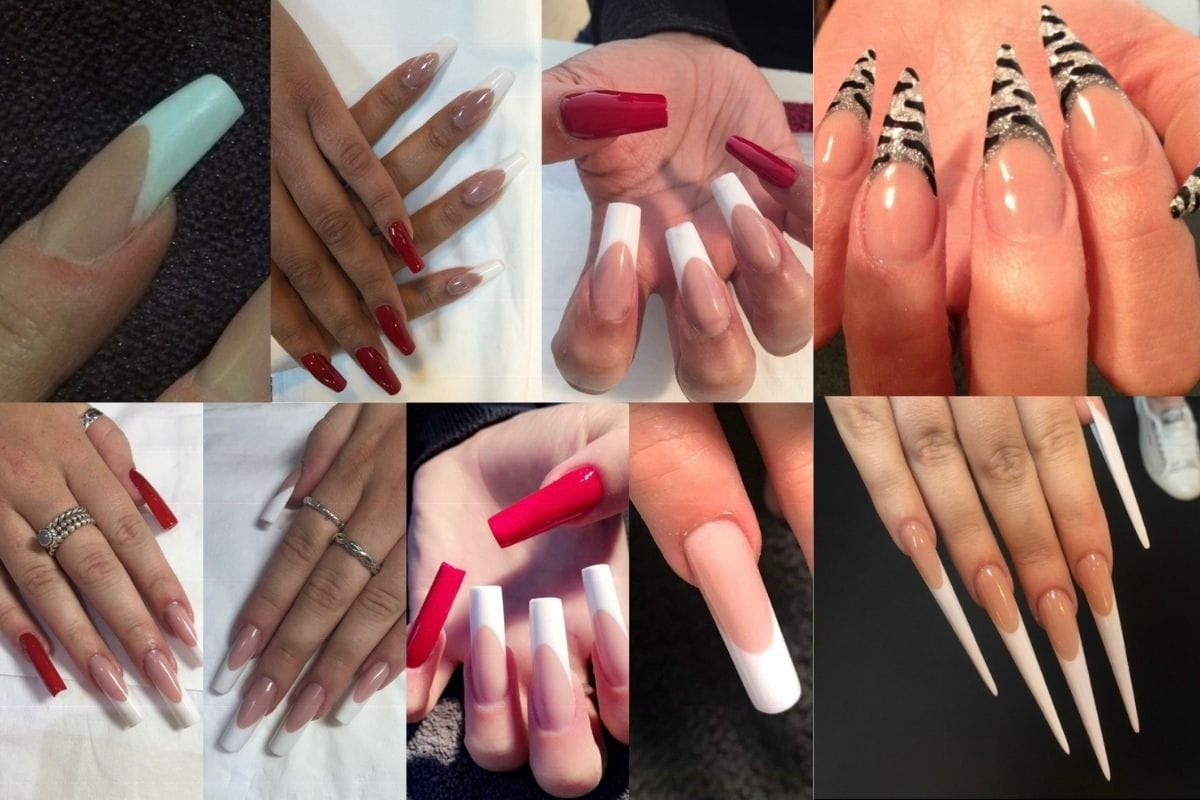
Unfortunately we are in an age where we want to master something the instant we try it and tend to blame the education or object for not instantly picking it up. This doesn’t just apply to learning a new skill. It is also applicable to a new product, brand technique or tool.
However much we wish to instantly master something; this just isn’t humanly possible. You have to train your brain to perform in a new way. This takes time. This ability of our brains to change is known as plasticity. Learning something new can be difficult at first and put you off continuing with it, but the more we do something, the stronger the neural pathways associated with that skill become, and the task becomes easier.
Practicing with something new will mean:
- you get better at doing it
- you will become more confident and be able to practice with ease
- you start to replace the old habits with new ones
- you develop the habit of replacing old habits
Be efficient
The more efficient you are with your practice time, the more motivated you will become, the more quickly you’ll learn and the faster you’ll achieve the results you wish. It is important not to get disheartened at the first hurdle when you don’t seem to be instantly mastering it. The most important thing is that you stick with it and keep practicing and progressing towards your goals.
Practicing is simply an activity that you repeat regularly. Sometimes, we repeat activities consciously, such as ‘I will fit nail forms for at least one full set of enhancements per day’. Other methods of learning include watching tutorials or reading up on the subject. Even when you’re not actively doing an activity, your brain is still absorbing and learning.
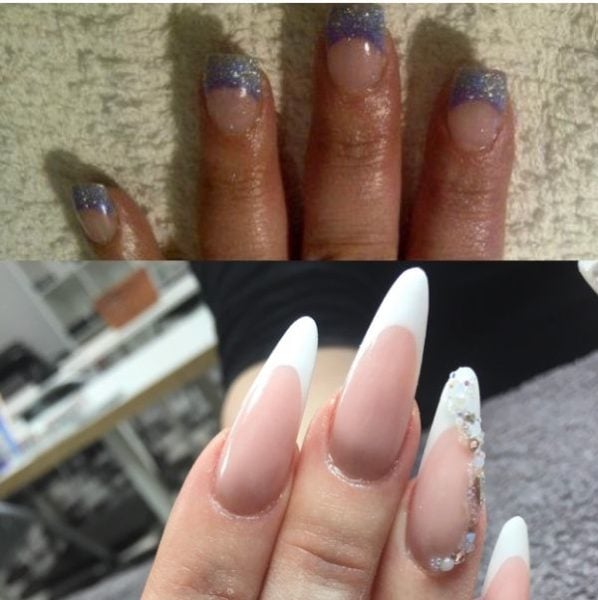
Practice makes progress
Recognise your competency
When learning any new skill, we pass through several stages of competency.
- We always begin with Unconsciously Incompetent – we cannot perform the task but we are unaware of this. This is true of anything.
- Once we begin to learn the skill, we are Consciously Incompetent – we cannot perform the task but we are aware of this. This is the major driver towards practice.
- With enough practice we will become Consciously Competent – we can perform the task but we need to concentrate and think about what we’re doing. Stopping at this level is absolutely fine.
- Finally, after enough practice and repetition we can become Unconsciously Competent – The task can be completed without actively thinking about it. At this stage we can said to have mastered a skill.
Focus on one skill at a time
Focusing on what you want to learn and improve upon is the best way to practice effectively. If you are flitting around from one skill to another, consider how much longer it will take you to master each skill. It can be helpful to take a short break from one skill, especially when getting frustrated but there comes a point where a practice session can become too scattered to be beneficial.
Set goals
By focusing on your goals during your practice, you’ll be much more effective with your time and you’ll learn a lot faster. This will provide you with a sense of achievement when you master that skill. Sometimes those goals can be small, like a specific technique such as perfecting cuticle work. Other times they can be large goals such as becoming an educator to share your knowledge with others.
Setting goals and practicing specifically to achieve those goals maximises your time, efficiency, and ultimately will give you the best chance to achieve those goals.
The less you do something, the more out of touch you get. Think about the period of time when you weren’t carrying out nail services during lockdown. Upon your return to work, your nail services will have inevitably increased in duration. With more practice of carrying out the services day in day out, your time and efficiency will improve.
To develop your performance in a skill, you need to practice frequently, and also obtain feedback to ensure that you are practicing correctly and progressing in the right direction.
Forget the old saying ‘practice makes perfect’. Even when you think that you’ve mastered everything, there is always something new to learn or improve on. So focus instead on, practice makes progress.
Love Katie B x
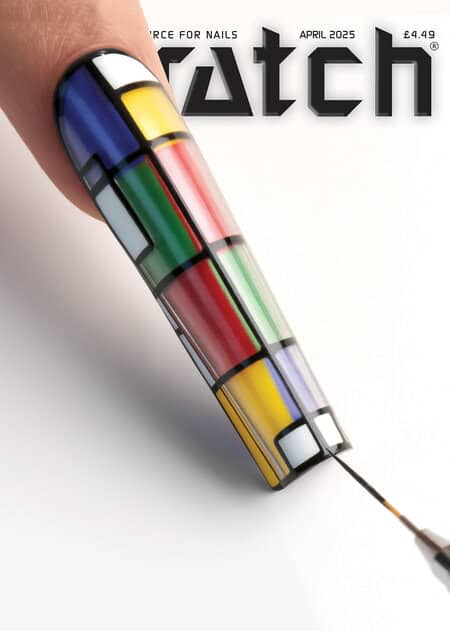
Read the latest issue






